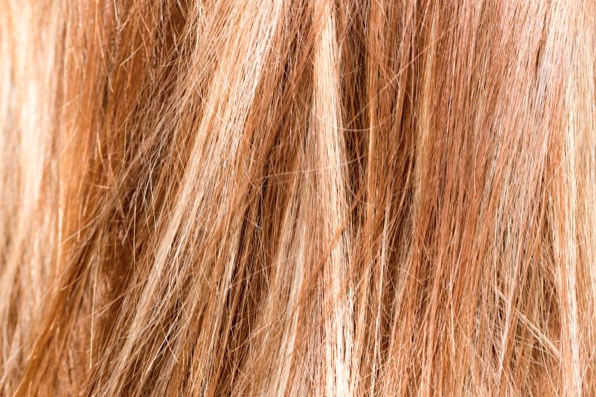Hard and soft water – this is how our hair reacts
As different as people are, so are hair and the right care. When choosing the right care product, one thing is often neglected: the water. Every tap water has a different composition. The water hardness, which indicates the lime content of the water, is primarily important for shampooing. Depending on the degree of hardness, there are a few “typical” reactions of the hair.
That makes hard water on your hair
Hard water contains a lot of dissolved calcium and magnesium. To drink it is superb. The dissolved minerals are important for the body and give the water a good taste. However, hair can become rough and brittle from hard water. Lime can also cause a dry mane. Colored hair often does not last as long if washed with hard water. Some don’t like lime because it makes the hair look dull, others love it because the hair becomes more voluminous and easier to style.
The degree of water hardness also affects the shampoo. Hard water partially neutralizes the washing performance. So you need a lot more care products than with soft water. The shampoo foams little or no foam, but it can easily be washed out of the hair. When styling you can usually confidently do without mousse and hairspray. With thin hair, hard water can be beneficial.
How soft water affects hair care
In contrast to hard water, soft water contains little calcium and magnesium. Some find the taste rather sour, but there are hardly any problems with cleaning or with calcified appliances. Soft water also makes the hair soft. This is definitely an advantage for thick, unruly hair.
The shampoo lathers well, a small amount is enough to get the hair clean. It becomes problematic when rinsing out. It has to be rinsed for a long time and thoroughly until care products are completely gone. This usually leaves residues of shampoo, conditioner and treatment in the hair and weighs it down.
After washing with soft water, the hair usually has less volume. Many feel that hair also becomes greasy faster. This is sometimes due to the product residues that could not be completely rinsed out. Products are usually needed again for styling: mousse and hairspray are only the basic equipment.
Remedy for hard water
On the one hand, you can help yourself with special anti-limescale shampoos that remove mineral residues. These are available in normal drugstores as well as in specialist shops at hairdressers.
Many also swear by a homemade conditioner. To do this, mix two tablespoons of vinegar or lemon juice with one liter of normal tap water. Use vinegar and lemon juice rather carefully, otherwise the acid they contain will quickly dry out the scalp and hair.
Another option is to rinse your hair with boiled or filtered water. Some also buy bottled water. However, care should be taken to ensure that it is mineral water with as little calcium and magnesium as possible. Otherwise, the problem may get worse.
A more practical alternative is to install a water softener – so only soft water flows through your home. Purchasing such a device is a bit more expensive, but it pays for itself quickly. In addition to the hair, you will also thank the coffee maker and shower.
When the hair strikes in other places
Perhaps you have already noticed while on vacation that your hair reacts very differently to normal care. The decisive factor is the unusual hardness of the water. The bad news is that the hair usually does not adapt or only slightly to the new water hardness. Are you moving and know that you will find a different water hardness in the new location? Then you may have to change your hair care routine. Before you experiment for a long time and possibly strain your hair, it is better to ask the hairdresser. There you will receive professional help.



